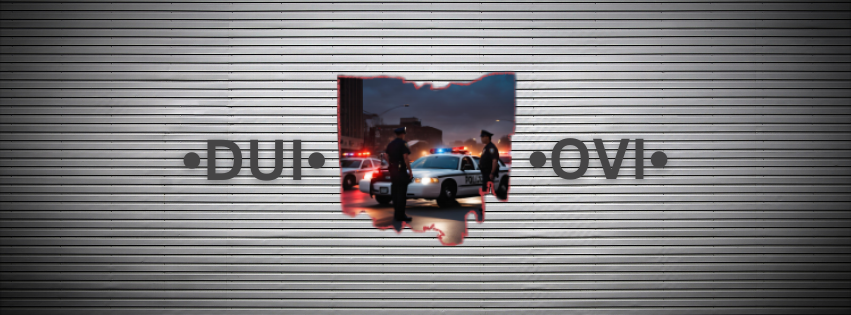Whether due to police tactics or a child’s state of mind, ample evidence has shown that juveniles are more likely to make false confession compared to adults. In fact, according to the National Registry of Exonerations’ study, 38 percent of juveniles who were later exonerated were found to have falsely confessed. What causes teens to wrongfully incriminate themselves?
An investigator coerces them into making the statement.
Children are much more susceptible to coercion when investigators resort to intimidation during questioning. A minor may be told that concrete evidence exists that proves they are guilty, making them think that they have no other option but to confess. An investigator may also lie to them and tell them that they will be punished if they don’t confess. Such mind games can make a child feel as if nobody will believe them if they tell the truth.
The child does not fully comprehend the situation.
Incorrect statements can be made if when a child misunderstands the conversation and accusations against them. The inability to make sense of the situation can lead to them making inaccurate admissions. If the child is not of sound mind, they may also make incorrect statements without realizing what they’re saying.
The juvenile makes the confession under duress.
During an interrogation, duress can make a child more vulnerable to erroneously admitting guilt. Duress can occur if investigators push them to a state of exhaustion during the interrogation process. Kids may also believe that agreeing with investigators will permit them to go home.
Fortunately, a juvenile’s false confession does not always result in a conviction. A lawyer can help them to challenge a false confession in court. However, if a child is wrongfully convicted, legal counsel can fight for their exoneration in the future. Every person who has been wrongfully accused or convicted of a crime has a right to representation, but children especially require extra care to avoid faulty self-incrimination.





